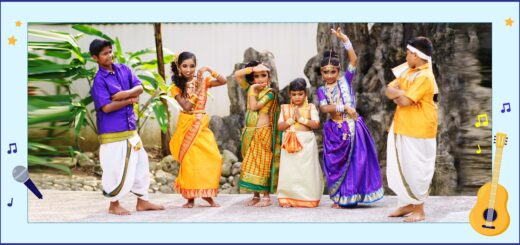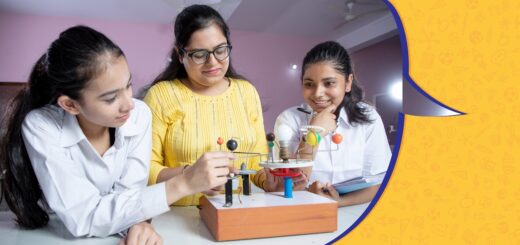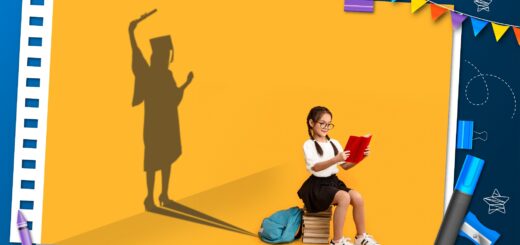Is music the most melodious way for child development?
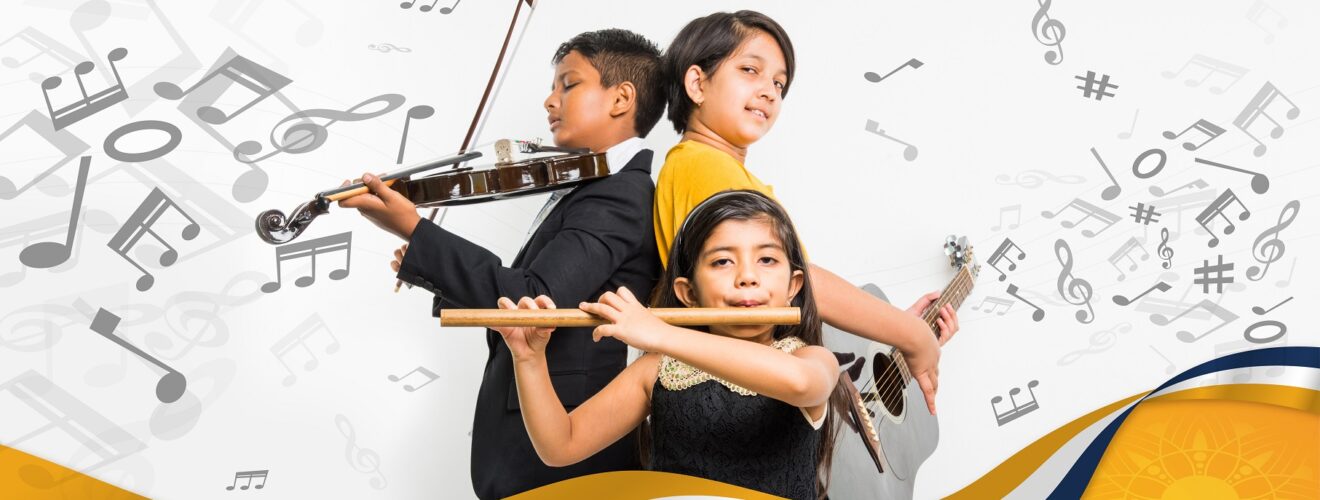
Usefulness of music lessons in primary schools
Music education is far more than just learning to play an instrument; it is a powerful tool for a well-rounded education. There are several benefits of introducing music lessons in primary schools. Studies show that music assists children in developing academically, socially and emotionally. It teaches them to concentrate better and not get distracted.
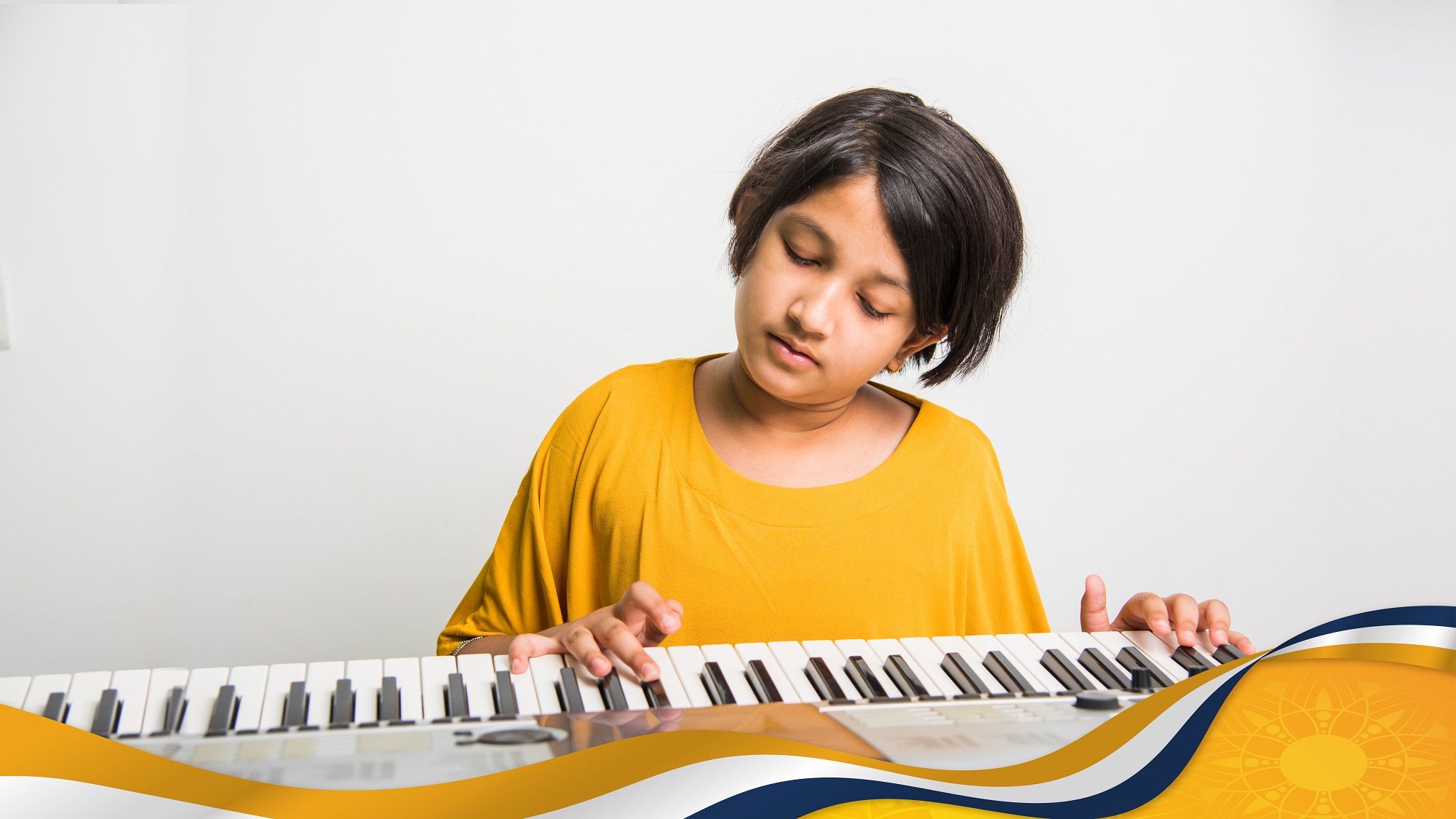
Role of music in child development at home and school
As the best school in North Bangalore, TSUS tries to provide the full benefits of music training to our primary children. With the use of advanced equipment like kid-friendly headphones and instruments they become active individual learners.
A Symphony of Instruments: Cultivating Musical Curiosity
Introducing children to a diverse range of instruments inculcate a passion for music. Percussion instruments like drums, xylophones, and tambourines are excellent starting points. They are engaging and easy to learn. Wind instruments like recorders and flutes offer opportunities to explore melody and breath control. String instruments like violins and ukuleles provide a foundation for understanding harmony and pitch.
By experimenting with different instruments, children can discover their own musical preferences and develop a deeper appreciation for the nuances of sound. We use the best music education practices for students and create the ideal environment for them to enjoy the sessions.
Music Helps To Understand Cultural Fabric
Music transcends cultural boundaries and provides a unique window into a new world. By exploring music from different cultures, children appreciate diverse traditions, beliefs, and histories. Folk songs, traditional dances, and world music instruments offer opportunities to connect with people from different backgrounds. This is yet another key role of music in child development in our classrooms.
Peppy melodies create a positive and stimulating learning environment. Background music enhances focus and concentration during study sessions. Upbeat tunes energize students and create an active engagement with peers and teachers in the classroom.
Nurturing Young Musicians: A Collaborative Effort
Children’s love for music should be nurtured to help them express their voices. In school we encourage them to explore different musical genres, attend concerts and performances. Parents can also help them to participate in musical activities outside of school.
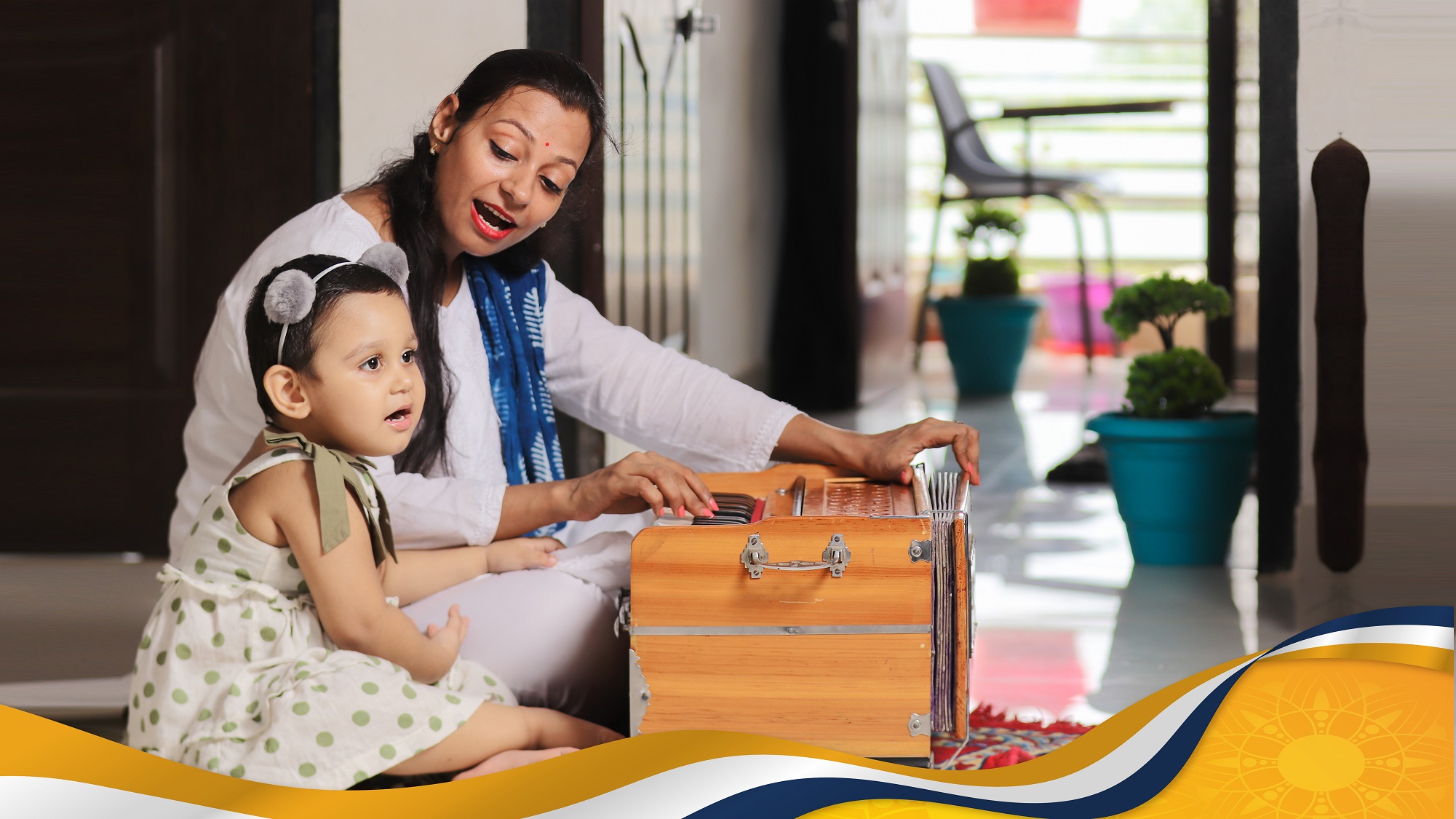
Benefits of introducing music lessons in primary school
We create opportunities for kids to share their musical talents with others through school performances, family gatherings, and online platforms. Let them embrace the joy of music and cultivate a lifelong passion for this enriching art form.
Music as a Teaching Technique
Little children get distracted very fast. Music helps them to remain focused. In the primary sections, this effort ensures that in higher classes the students remain interested in the subject being taught. Using songs and rhythms make their brains attuned to memorizing the lyrics. For very long nursery rhymes have been a proven method to make children learn in schools. It is a way that the brain processes information without pressure.
At TSUS, we believe that music is the building block for further academic studies for our kids. This is a positive attitude towards imparting education in a fun manner. We also encourage parents to recognise the talent in their children and let them learn from music teachers beyond the classroom.

